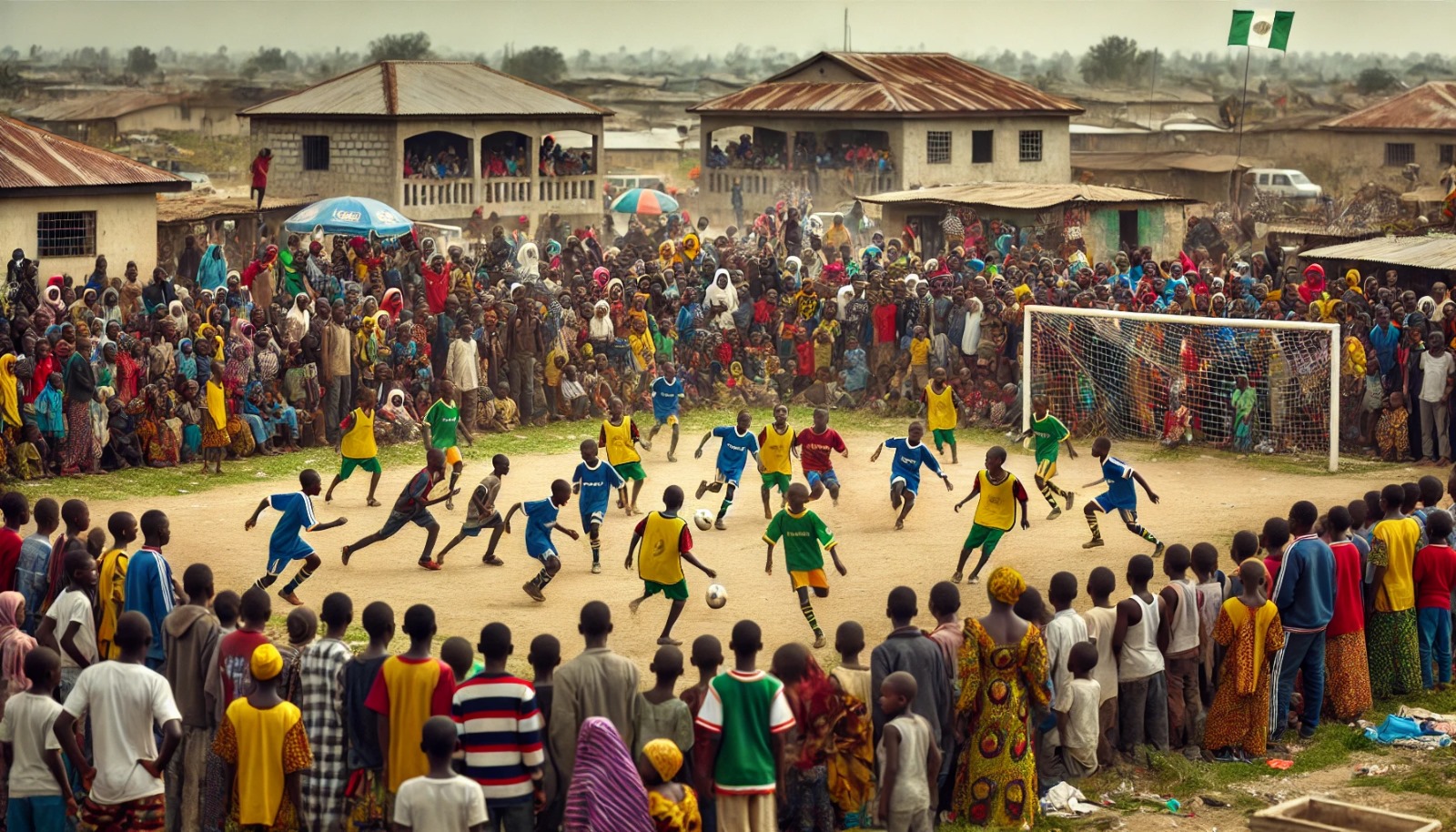The Double-Edged Sword of Monetising Grassroots Football in Nigeria

By:
Monday Nas Ozoya,
Introduction
Grassroots football in Nigeria is a vibrant and essential part of the sporting landscape, celebrated for its ability to discover and nurture raw talent. Recently, the trend of monetising these grassroots competitions—where age group teams win significant monetary rewards—has gained momentum. While this approach injects much-needed funds into the sport, it also raises important questions about its long-term impact on football development.
The Allure of Monetary Incentives
The introduction of monetary prizes at grassroots football tournaments is transforming the way the sport is perceived and played across Nigeria. These incentives are designed to motivate young players and their coaches, potentially increasing participation rates and competitive spirit. For many young athletes and their families, these rewards offer financial relief and the dream of a better life through football.
Positive Impacts on Grassroots Development
1. Increased Investment: Monetizing tournaments attracts more investment into grassroots football from both local businesses and larger corporations. This influx of funds can improve facilities, provide better equipment, and enhance overall training programs.
2. Raised Profiles: Winning monetary rewards can significantly raise the profile of young talents and their teams, providing them with broader exposure. This visibility can lead to more opportunities, including scholarships and scouting from top-tier academies and clubs.
3. Community Engagement: Financial incentives drive greater community involvement and interest in local football activities. These events can turn into community highlights, fostering a sense of pride and achievement.
Potential Downsides and Challenges
However, the monetisation of grassroots football is not without its challenges, which could potentially stifle long-term development if not carefully managed:
1. Overemphasis on Winning: The pressure to win monetary rewards can lead to overemphasising short-term success rather than long-term development. Coaches might prioritise winning over skill development, possibly overlooking late bloomers who could flourish with more time and training.
2. Unequal Opportunities: The lure of money might lead to uneven opportunities, where wealthier teams that can afford better training and facilities consistently outperform less financially equipped teams, widening the gap in grassroots development.
3. Exploitation Risks: Young athletes, especially those from impoverished backgrounds, may become vulnerable to exploitation. Unscrupulous individuals may attempt to capitalise on the monetary aspect, diverting attention from the players' best interests and development.
Striking the Right Balance
To harness the benefits of monetised grassroots football while mitigating its risks, several strategies should be considered:
• Regulation and Oversight: Implementing stringent regulations ensures that competitions and financial rewards do not compromise grassroots football's ethical standards and developmental goals.
• Reinvestment in Development: Ensuring that a significant portion of any monetary gain from football is reinvested into further developing the sport, such as funding training programs, improving facilities, and providing player education.
• Holistic Development Focus: Encourage coaches and teams to focus on holistic player development, emphasising skill acquisition, sportsmanship, and education rather than solely winning matches.
Conclusion
The monetisation of grassroots football in Nigeria offers both exciting opportunities and significant challenges. While the financial incentives can develop the sport's infrastructure and increase its popularity, it is crucial to manage these initiatives thoughtfully to ensure they contribute positively to the long-term development of football talents in Nigeria. By adopting a balanced approach, stakeholders can ensure that these monetary rewards enhance rather than hinder the growth of the beautiful game at the grassroots level.


Write a Comment